How game marketers actually get you
Modern gamers are extremely ad-averse. This is how marketers have responded
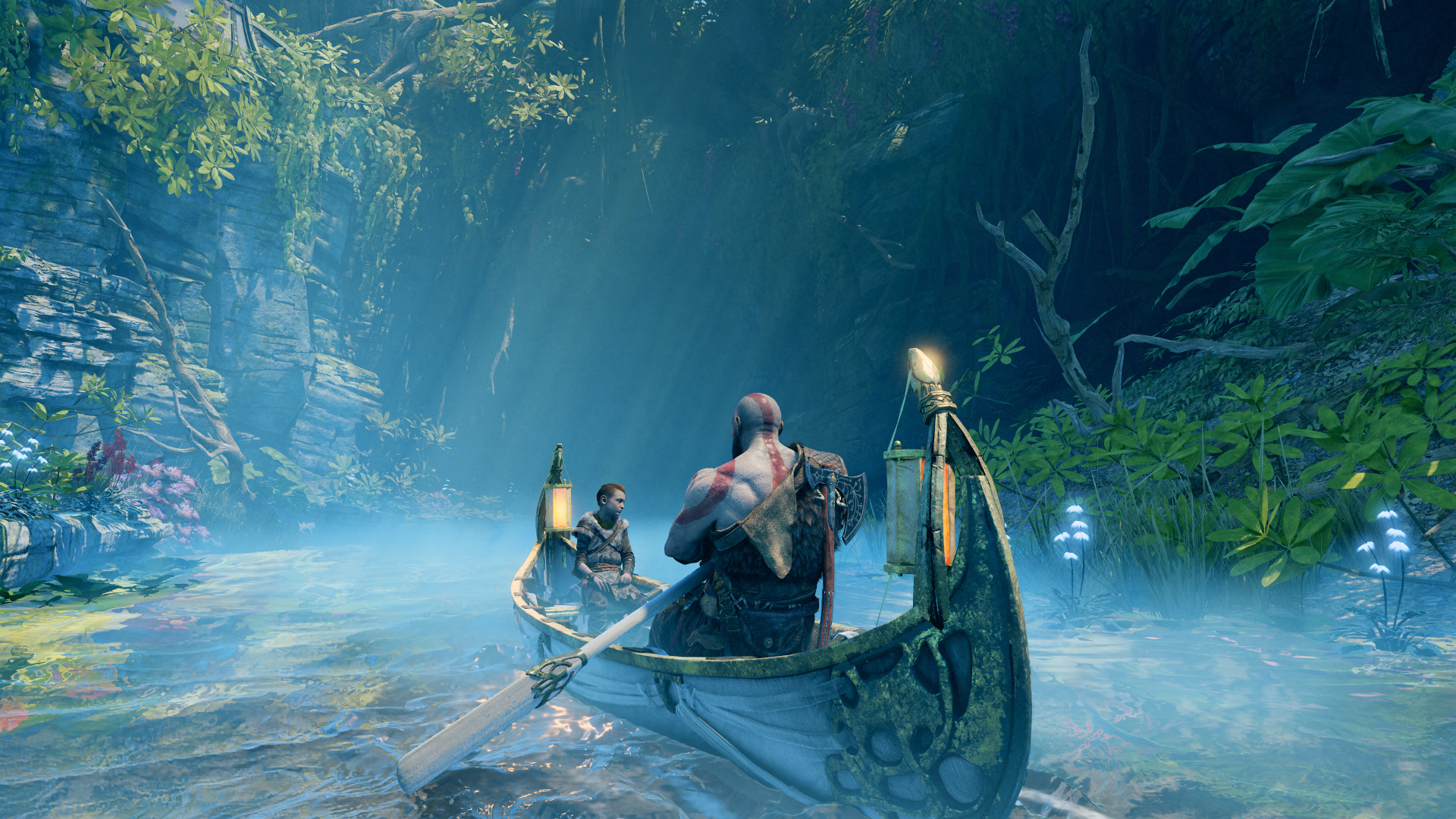
Sign up for breaking news, reviews, opinion, top tech deals, and more.
You are now subscribed
Your newsletter sign-up was successful
19 years ago now, Bethesda released the infamous horse armour DLC for Oblivion. It cost $2.50 and included two sets of armour for your steed, and was roundly panned as an obvious low-effort cash grab.
Just three months later in June 2006, YouTube introduced the first ads onto its platform.
It’s not easy to follow the precise line of causality between those two unexpectedly seismic moments and our present day reality of live service games and subscribing to anything we hold dear to make the ads go away, but what’s much clearer is that in the intervening years, gamers have had to become incredibly shrewd, cynical, tech-savvy consumers.
On average, we see about 10,000 ads per day. In order to get anything done, then, we’ve learned how to tune out the noise as best we can. And gamers are at the sharp end of it - we’re constantly connected to technology, spending large amounts of time in digital ecosystems with virtual economies, alt-tabbing between YouTube walkthroughs, written guides and the game we’re currently playing. It’s very easy to serve us an ad.
As a result of a huge volume of ad exposure, our relationship to games marketing is far more sophisticated than it used to be. We digest ads with a moral compass, letting 30-second pre-roll ads play out to support the YouTube creators we’re about to watch and then sitting through a message from that creator about the sponsor of today’s video, Dollar Mattress Shaving VPN Legends Club.
But when a marketing campaign rubs us up the wrong way, we’ll voice our displeasure en masse, and that backlash will provoke consequences. Destiny: The Taken King’s badly timed Red Bull collaboration and The Day Before’s consistently disastrous marketing are good examples.
The stakes are high, the noise is deafening, and gamers are wiser than ever to marketers’ tricks. But the industry’s evolving. It’s learning that it needs to ‘get’ you in the sense of understanding you, instead of simply getting you to look or listen to its messages. And this is how it does so.
Sign up for breaking news, reviews, opinion, top tech deals, and more.
Audience profiling
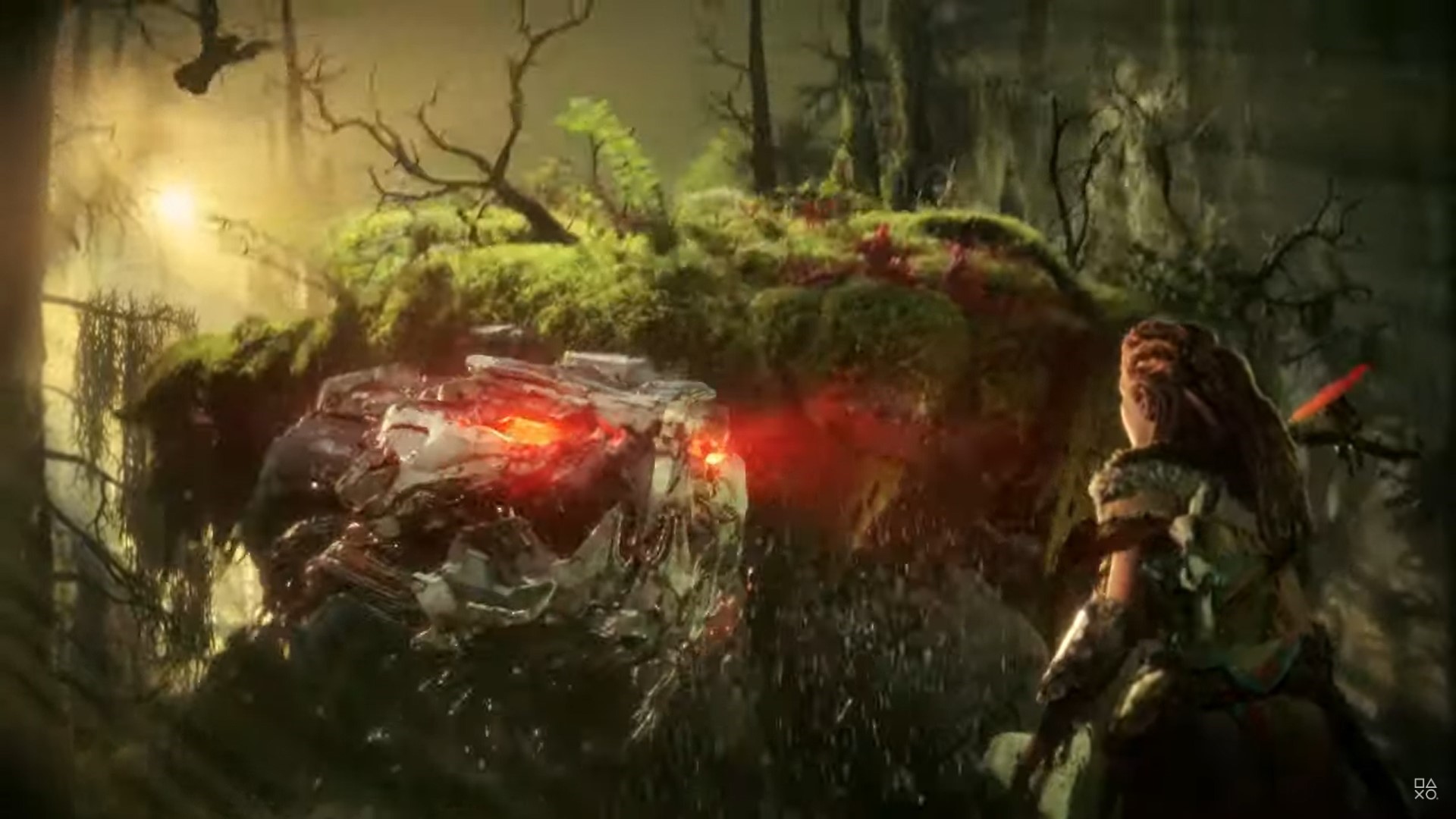
Every game title, service, or product has a clear idea of its audience before it heads to market. To achieve this, marketing teams conduct research on the consumer behaviour of particular demographics.
How much do single men aged 30-34 spend on games each year in Denmark? How many gaming Kickstarters, on average, do young British women aged 18-24 support? Product teams build up profiles using data like this, pulling in sales figures, data from industry analysts, and their own qualitative and quantitative research projects.
They’ll scour social media too, identifying influencers whose audiences have an overlapping interest with relevant products and services. They’ll observe who else that influencer’s audience follows. It builds up a large-scale picture of an audience’s drivers. What’s relevant to them? What’s the unmet need in their life?
This is important for several reasons. First, companies need to establish whether there’s actually any appetite for the thing they’re about to create. Then they need to prove that they’re is an appetite for whoever’s bankrolling it. After that, they need to determine a rough sales estimate and key geographical regions so that they know how many doohickeys to make and which languages to make their marketing assets in.
And what they arrive at is usually a handful of audience profiles. These are archetypes that each describe a bundle of consumer behavior - the tech-savvy early adopter, the hardcore competitive player, the social gamer. Not one of us fits into these profiles exactly, because they’ve been painted with an extremely broad brush. But they’re a starting point that marketers use to fine-tune their campaigns.
Influencer marketing
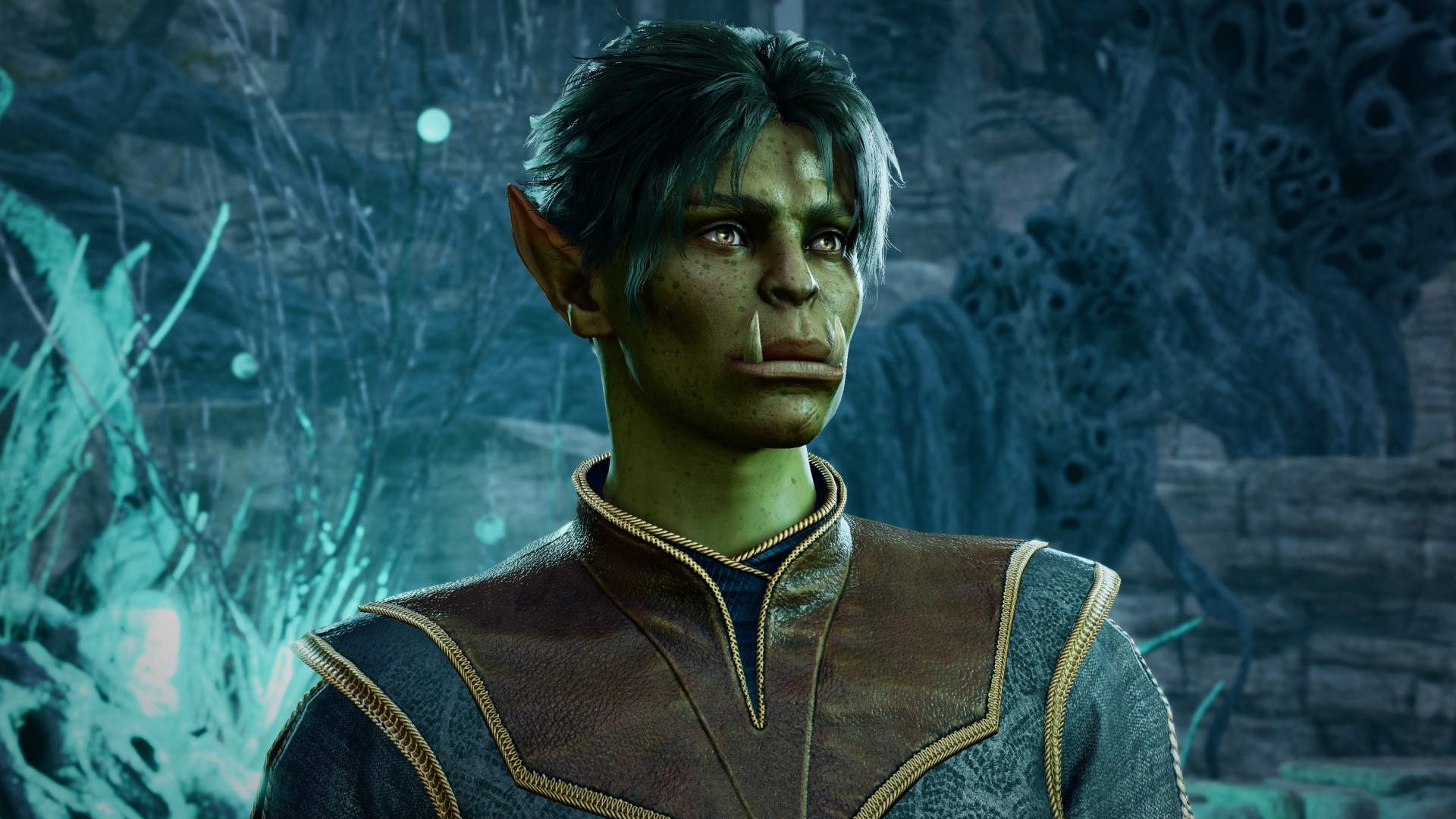
What if your brand doesn’t have any followers on its socials? What if it’s not credible, or totally unknown? Well, you could always attach yourself to somebody who does have credibility and speak directly to their audience.
Influencer marketing is extremely prevalent in recent years, and it represents a perfect storm of creators looking to grow their reach and shore up their financial stability, and brands looking for new ways to get their messages out. And frankly, not wanting to be left out of the new media conversation.
It can be a soft-touch sponsorship deal, whereby an influencer agrees to use your brand’s products on streams or in their content, or simply to mention them, in exchange for a set fee or a rolling retainer.
Or it might be a campaign built from the ground up to make the best use of that influencer. Something high concept and high budget that looks like something they’d do organically, except they’re now doing it ‘in partnership with Coolsoft Enterprises’. The product or brand looks legit thanks to the endorsement, and it’s going out to an audience that the marketing team has a good hunch will probably be interested in it.
Going dark
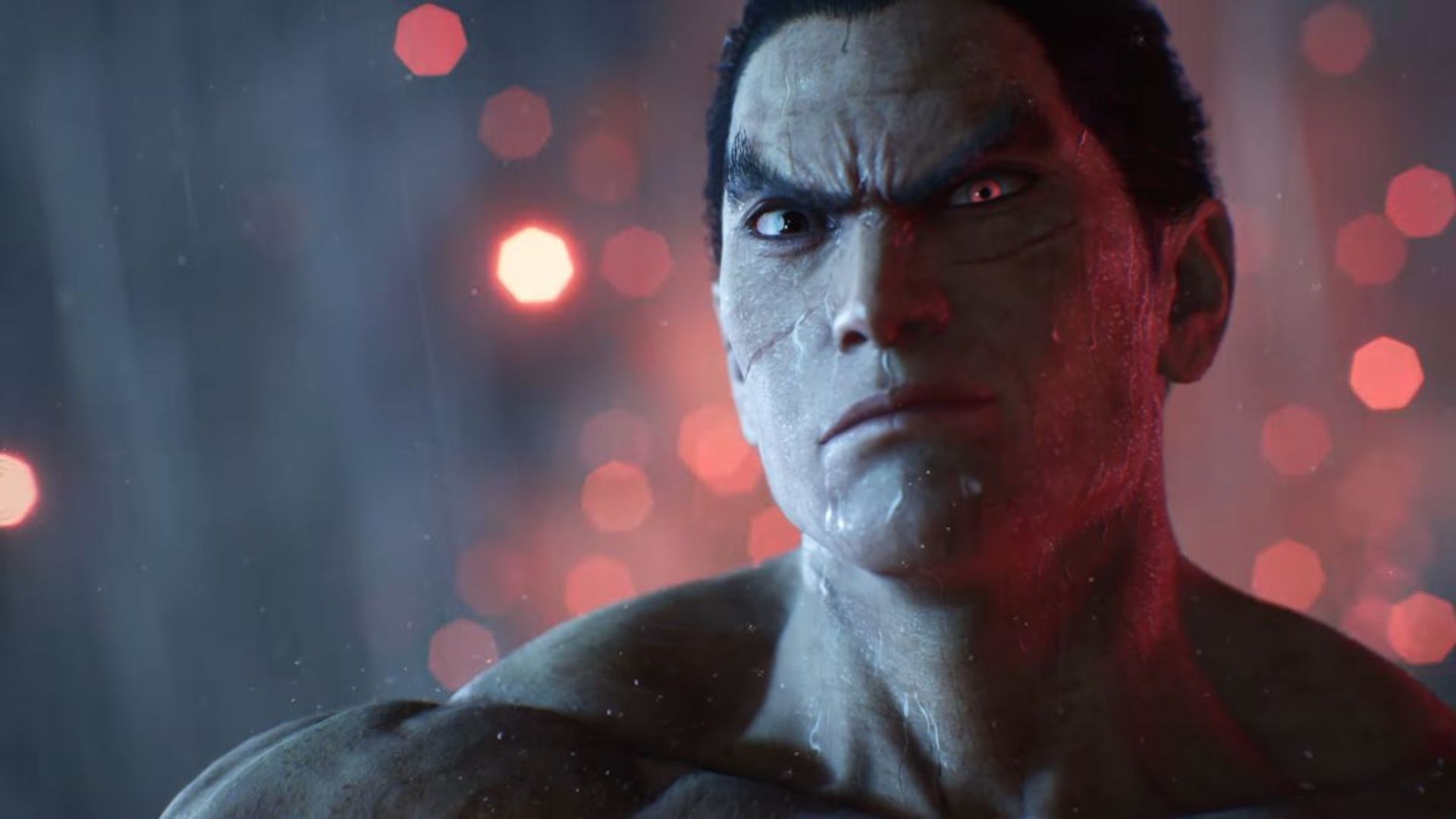
It’s really hard to sustain momentum after you’ve announced The Next Big Thing, whether that’s a game, a product, or a service. It gets even harder if your Next Big Thing was ‘announced’ via a leak, or has been delayed well beyond its expected release date. And yet sustain it they did, or at least tried, until game marketers came up with a better solution: to shut up.
The perfect game hype train now begins with a cool, enigmatic announcement, concludes with a flurry of unique activations before launch, and features a whole lot of nothing in between. This phenomenon is, of course, known as going dark.
And it’s not that the company ran out of things to say. It’s a deliberate marketing beat designed to build anticipation and curiosity because saying nothing is often more interesting than revealing anything further or addressing community questions. Our brains like to solve problems. We like to close loops. If that loop remains open, we think about it more. We’re hard-wired to try and fix it using logic.
So that’s why you’re not hearing anything about Grand Theft Auto VI right now, or Marathon, or Avowed. Those games have entered your brain, and you’ve got questions about them. And right now, the publishers and PR teams know that it’s best to let those questions remain a while longer.
Product iteration
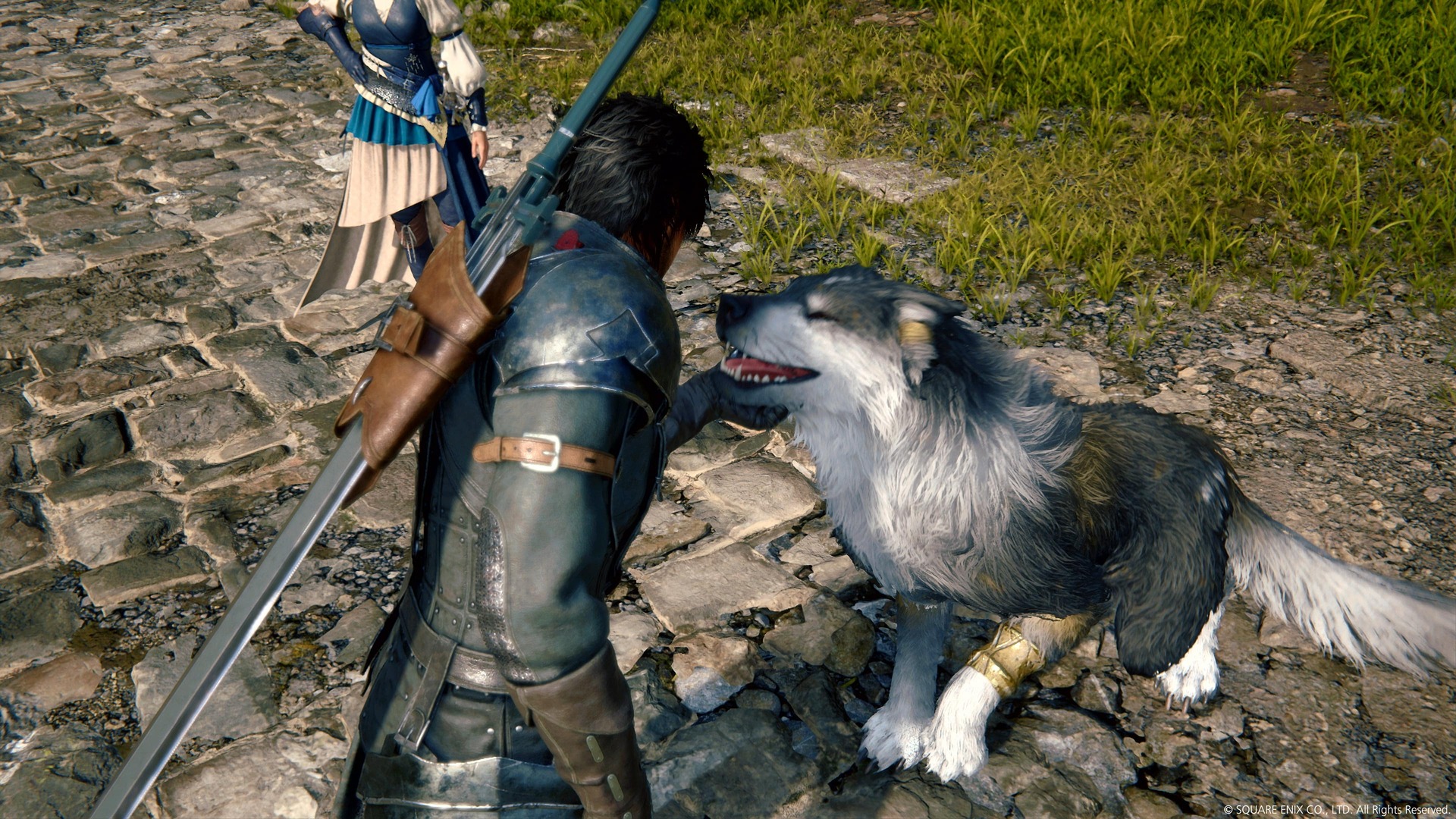
You’ll have noticed this one. In the modern games industry, the apple doesn’t fall far from the tree. The next generation of keyboard, mouse, headset, or RGB power bank tends to look very much like the last generation. Games like Overwatch 2 have asked us what it really means to be a sequel. And let’s not even talk about annualized series like FIFA.
Games companies are so iterative and cautious because, in short, we’ve taught them to be. Consumer behavior stats generally indicate that a substantial portion of the previous game’s audience will buy a sequel, Metascore be damned. But for a new IP, it’s a total stab in the dark. We’re sending a pretty clear message to the people who make and publish games: more of what we know, please.
That’s frustrating, of course, because it leads to stagnation. Lately, it’s even leading to an existential crisis - are sequels a thing of the past, and major live service updates their direct replacement? It’s not a hypothetical question. We’ll decide the answer with our wallets.
If you want to make the most of gaming without spending any money, we've got a list of the best free games worth checking out, or the best games on Xbox Game Pass if you're not looking to buy any standalone titles and want to make the most of the subscription service.

Ad creative by day, wandering mystic of 90s gaming folklore by moonlight, freelance contributor Phil started writing about games during the late Byzantine Empire era. Since then he’s picked up bylines for The Guardian, Rolling Stone, IGN, USA Today, Eurogamer, PC Gamer, VG247, Edge, Gazetta Dello Sport, Computerbild, Rock Paper Shotgun, Official PlayStation Magazine, Official Xbox Magaine, CVG, Games Master, TrustedReviews, Green Man Gaming, and a few others but he doesn’t want to bore you with too many. Won a GMA once.